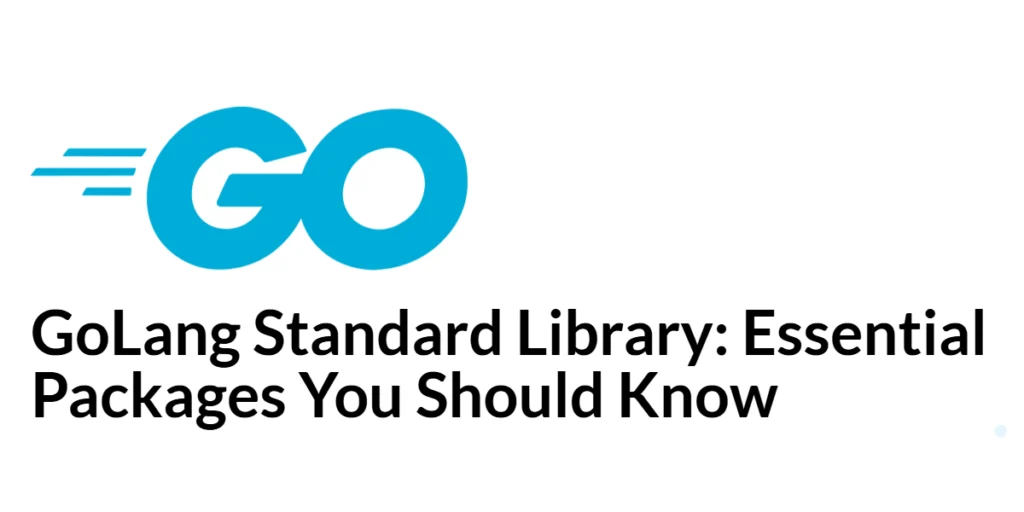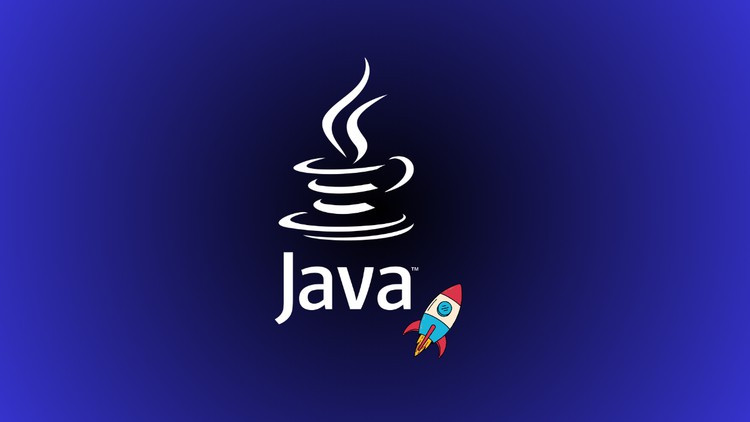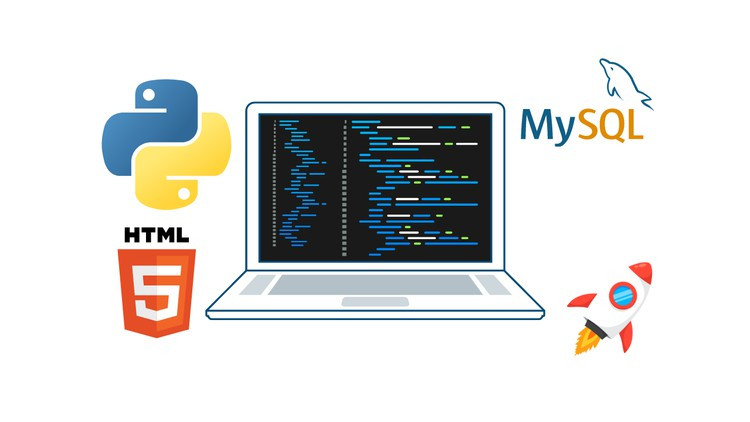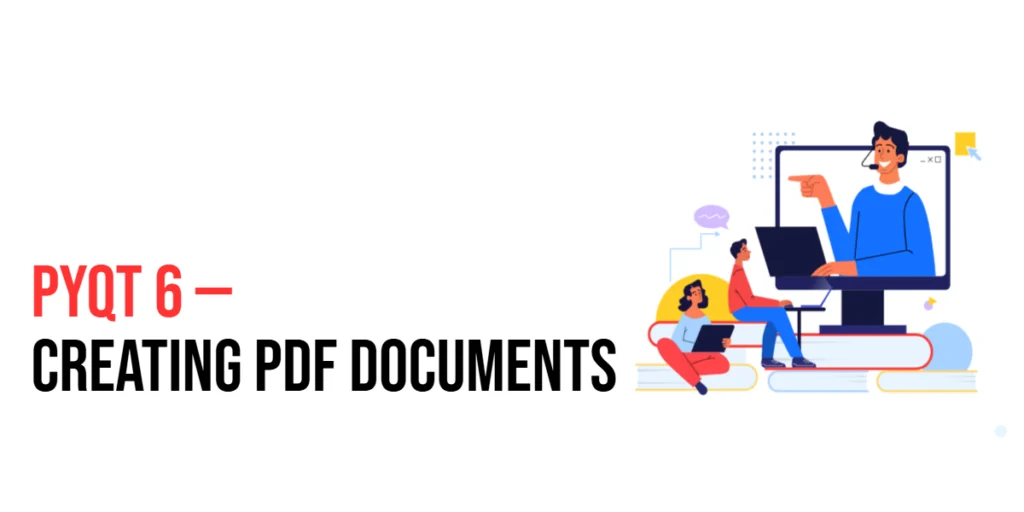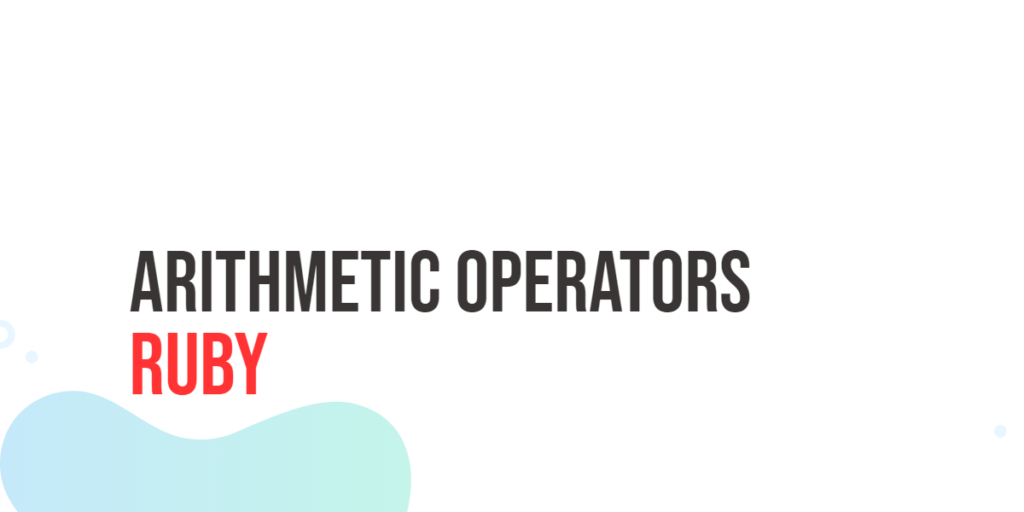GoLang, known for its simplicity and efficiency, comes with a powerful standard library that provides a wide range of functionalities right out of the box. The standard library includes packages for various tasks such as input/output operations, networking, string manipulation, and much more. Understanding these essential packages is crucial for any Go developer, as they form the foundation of Go programming.

with hands-on learning.
get the skills and confidence to land your next move.
The Go standard library is designed to be robust and easy to use, enabling developers to write high-performance applications without relying heavily on third-party libraries. This article provides a comprehensive guide to some of the most important packages in the Go standard library, complete with explanations and practical examples. By the end of this guide, you will have a solid understanding of how to leverage these packages effectively in your Go projects.
Package fmt
Formatting and Printing Functions
The fmt package provides functions for formatting and printing data. It is one of the most commonly used packages in Go, allowing you to output formatted strings to the console or other output streams.
Example: Basic Printing
package main
import (
"fmt"
)
func main() {
name := "Alice"
age := 30
fmt.Printf("Name: %s, Age: %d\n", name, age)
}In this example, fmt.Printf is used to format and print the name and age variables. The %s and %d format specifiers are used for strings and integers, respectively.
Example: String Formatting
package main
import (
"fmt"
)
func main() {
message := fmt.Sprintf("Hello, %s!", "Bob")
fmt.Println(message)
}Here, fmt.Sprintf formats the string and returns it, which is then printed using fmt.Println.
Package net/http
Building HTTP Servers and Clients
The net/http package provides functionalities for building HTTP servers and clients, making it easy to create web applications and interact with web services.
Example: Creating a Simple Web Server
package main
import (
"fmt"
"net/http"
)
func helloHandler(w http.ResponseWriter, r *http.Request) {
fmt.Fprintf(w, "Hello, World!")
}
func main() {
http.HandleFunc("/", helloHandler)
fmt.Println("Server starting on port 8080...")
http.ListenAndServe(":8080", nil)
}In this example, http.HandleFunc registers the helloHandler function to handle requests to the root path. http.ListenAndServe starts the web server on port 8080.
Example: Creating an HTTP Client
package main
import (
"fmt"
"net/http"
"io/ioutil"
)
func main() {
resp, err := http.Get("https://api.github.com")
if err != nil {
fmt.Println("Error:", err)
return
}
defer resp.Body.Close()
body, err := ioutil.ReadAll(resp.Body)
if err != nil {
fmt.Println("Error:", err)
return
}
fmt.Println(string(body))
}This example demonstrates how to create an HTTP client to send a GET request to the GitHub API and print the response body.
Package io and io/ioutil
Reading and Writing Streams
The io package provides basic interfaces for I/O primitives, while io/ioutil offers convenience functions for common I/O tasks.
Example: Reading from a File
package main
import (
"fmt"
"io/ioutil"
)
func main() {
data, err := ioutil.ReadFile("example.txt")
if err != nil {
fmt.Println("Error:", err)
return
}
fmt.Println(string(data))
}In this example, ioutil.ReadFile reads the contents of a file into a byte slice, which is then converted to a string and printed.
Example: Writing to a File
package main
import (
"fmt"
"io/ioutil"
)
func main() {
data := []byte("Hello, World!")
err := ioutil.WriteFile("example.txt", data, 0644)
if err != nil {
fmt.Println("Error:", err)
return
}
fmt.Println("File written successfully")
}This example shows how to write data to a file using ioutil.WriteFile.
Package os
Interacting with the Operating System
The os package provides a platform-independent interface for operating system functionality, such as file manipulation, environment variables, and process management.
Example: Reading Environment Variables
package main
import (
"fmt"
"os"
)
func main() {
path := os.Getenv("PATH")
fmt.Println("PATH:", path)
}In this example, os.Getenv retrieves the value of the PATH environment variable and prints it.
Example: Creating and Deleting Files
package main
import (
"fmt"
"os"
)
func main() {
file, err := os.Create("example.txt")
if err != nil {
fmt.Println("Error:", err)
return
}
file.Close()
err = os.Remove("example.txt")
if err != nil {
fmt.Println("Error:", err)
return
}
fmt.Println("File created and deleted successfully")
}This example demonstrates how to create and delete a file using the os package.
Package strings
String Manipulation Functions
The strings package provides a variety of functions for manipulating strings, such as searching, replacing, and splitting.
Example: Checking for Substrings
package main
import (
"fmt"
"strings"
)
func main() {
s := "Hello, World!"
fmt.Println(strings.Contains(s, "World"))
}In this example, strings.Contains checks if the substring “World” is present in the string s and prints true.
Example: Replacing Substrings
package main
import (
"fmt"
"strings"
)
func main() {
s := "Hello, World!"
newS := strings.ReplaceAll(s, "World", "Go")
fmt.Println(newS)
}This example shows how to replace all occurrences of “World” with “Go” in the string s using strings.ReplaceAll.
Package time
Working with Dates and Times
The time package provides functionalities for measuring and displaying time. It supports various time-related operations such as formatting, parsing, and time arithmetic.
Example: Formatting Time
package main
import (
"fmt"
"time"
)
func main() {
now := time.Now()
fmt.Println(now.Format("2006-01-02 15:04:05"))
}In this example, the current time is formatted as a string using the Format method.
Example: Parsing Time
package main
import (
"fmt"
"time"
)
func main() {
timeStr := "2021-12-25 00:00:00"
layout := "2006-01-02 15:04:05"
t, err := time.Parse(layout, timeStr)
if err != nil {
fmt.Println("Error:", err)
return
}
fmt.Println(t)
}This example demonstrates how to parse a time string into a time.Time object using the time.Parse function.
Package encoding/json
Encoding and Decoding JSON
The encoding/json package provides functions for encoding Go values to JSON and decoding JSON into Go values.
Example: JSON Serialization
package main
import (
"encoding/json"
"fmt"
)
type Person struct {
Name string `json:"name"`
Age int `json:"age"`
}
func main() {
p := Person{Name: "Alice", Age: 30}
data, err := json.Marshal(p)
if err != nil {
fmt.Println("Error:", err)
return
}
fmt.Println(string(data))
}In this example, a Person struct is serialized to a JSON string using json.Marshal.
Example: JSON Deserialization
package main
import (
"encoding/json"
"fmt"
)
type Person struct {
Name string `json:"name"`
Age int `json:"age"`
}
func main() {
data := `{"name":"Alice","age":30}`
var p Person
err := json.Unmarshal([]byte(data), &p)
if err != nil {
fmt.Println("Error:", err)
return
}
fmt.Println(p)
}This example shows how to deserialize a JSON string into a Person struct using json.Unmarshal.
Package math and math/rand
Mathematical Functions and Random Number Generation
The math package provides basic constants and mathematical functions, while math/rand provides functions for generating random numbers.
Example: Using Mathematical Constants
package main
import (
"fmt"
"math"
)
func main() {
fmt.Println("Pi:", math.Pi)
}In this example, math.Pi is used to print the value of Pi.
Example: Generating Random Numbers
package main
import (
"fmt"
"math/rand"
"time"
)
func main() {
rand.Seed(time.Now().UnixNano())
fmt.Println("Random number:", rand.Intn(100))
}This example demonstrates how to generate a random number between 0 and 99 using rand.Intn.
Package regexp
Regular Expressions in Go
The regexp package provides functions for working with regular expressions, enabling pattern matching and string replacement.
Example: Pattern Matching
package main
import (
"fmt"
"regexp"
)
func main() {
re := regexp.MustCompile(`\b[A-Za-z]+\b`)
fmt.Println(re.FindAllString("Hello, World! 123", -1))
}In this example, regexp.MustCompile compiles a regular expression that matches words, and re.FindAllString finds all matches in the input string.
Example: String Replacement
package main
import (
"fmt"
"regexp"
)
func main() {
re := regexp.MustCompile(`\d+`)
fmt.Println(re.ReplaceAllString("There are 123 apples and 456 oranges", "many"))
}This example shows how to replace all occurrences of numbers in a string with the word “many” using re.ReplaceAllString.
Conclusion
In this article, we explored several essential packages in the Go standard library, including fmt, net/http, io, os, strings, time, encoding/json, math, math/rand, and regexp. These packages provide fundamental functionalities for Go programming, enabling developers to perform a wide range of tasks efficiently.
The examples provided offer a solid foundation for understanding and using these packages. However, there is always more to learn and explore. Continue experimenting with different packages, reading the official documentation, and applying what you learn in your projects to deepen your knowledge and skills in Go programming.
Additional Resources
To further enhance your knowledge and skills in GoLang, explore the following resources:
- Go Documentation: The official Go documentation provides comprehensive guides and references for GoLang. Go Documentation
- Go by Example: A hands-on introduction to GoLang with examples. Go by Example
- A Tour of Go: An interactive tour that covers the basics of GoLang. A Tour of Go
- Effective Go: A guide to writing clear, idiomatic Go code. Effective Go
- Go Standard Library: Detailed documentation for the Go standard library. Go Standard Library
By leveraging these resources and continuously practicing, you will become proficient in using the Go standard library, enabling you to develop robust and efficient applications.
